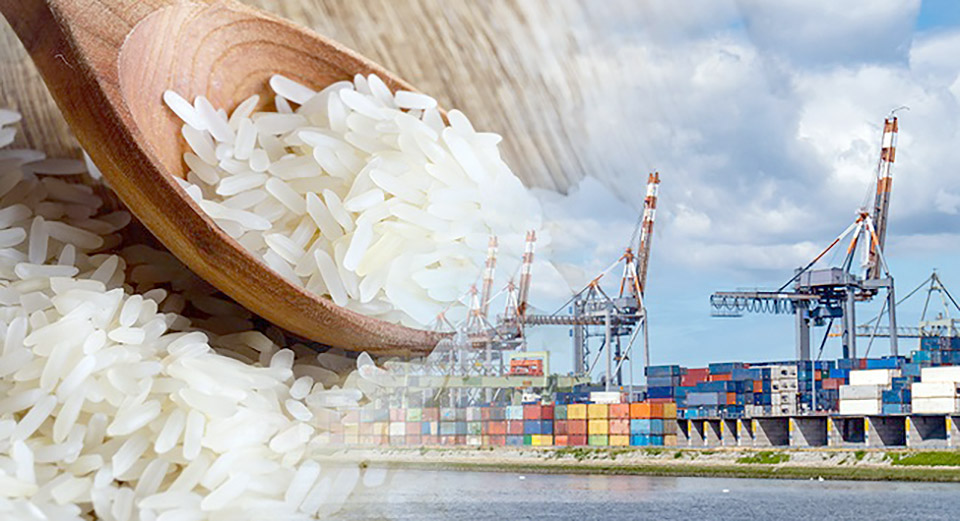
The government has reported that rice exports from Thailand have shown remarkable growth, reaching a record-breaking 2.79 million tons from January to April of this year.
Prime Minister Gen Prayut Chan-o-cha expressed optimism over the figure, valued at 51.2 billion baht (US$1.5 billion) and representing a 23% increase compared to the same period last year. To further boost rice exports and assist crop production, the premier has instructed state agencies to take proactive measures. Efforts will also be made to maintain high rice prices in overseas markets.
The recent hike in rice prices has been attributed to the stability of the baht, making Thai rice competitive in foreign markets. Thailand is currently the world’s second-largest rice exporter, trailing behind India.
The Department of Internal Trade (DIT) expects exports to reach 8 million tons, surpassing the 2022 figure of 7.69 million tons. As of May 10, rice exports had already reached 3.05 million tons, with ongoing orders indicating a continued upward trend. Major markets for Thai rice include Iraq, Indonesia, the United States, South Africa, Senegal, Bangladesh, China, Japan, Cameroon and Mozambique.
DIT Deputy Director-General Udom Srisomsong highlighted sustained global demand for Thai rice, which has kept prices competitive and eliminated the need for government intervention through price guarantees to support farmers.
Amid ongoing political changes, the Thai Rice Exporters Association have expressed concerns over potential disruptions to policies affecting key crops. The agency also stressed the need for clarity when it comes to measures pertaining to crop prices from the Move Forward Party and Pheu Thai Party – the two main parties forming the new coalition government.
The agency added that this is essential to avoid hindrances to the development of crucial crops. (NNT)





